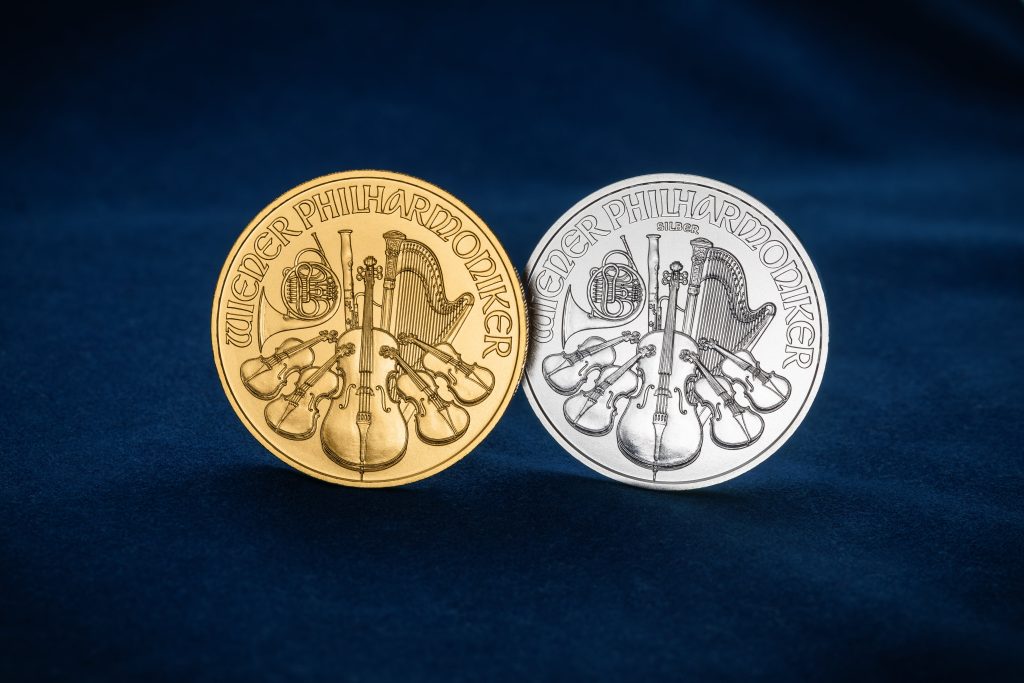Money is a means to exchange time. It’s as a holding tank for your financial resources until you’re ready to use them. However and genuine monеy has been denied to everyone, and they have been duped into believing that currency is real. This dishonest imposter is steadily taking away your two most precious possessions, your time and your freedom. Your true wealth is your health, time, and freedom.
I will begin my piece with a quotation. Henry Ford once said, “It is well enough that the people of the nation do not understand our banking and monetary systems, for if they did, there would be a revolution before tomorrow morning.” I quote this because it encapsulates the fact that the contents of this article and subsequent articles may be unsettling. I’ve been learning more about the financial industry for a while, and it has undeniably expanded my perspective on the world.
I would like to share a few things I’ve learned with you all. It is important that you understand the information contained in these pages. Since the US dollar is the global reserve currency, the majority of monetary and financial functions are similar worldwide, and I will be using the US as my primary point of reference in these articles. As we go through these sentences, you’ll discover this. It is my aim that these subjects piquе your curiosity and serve as a catalyst for further investigation on your own.
The Impending Financial Crisis
We are currently facing a very serious financial crisis, which is the biggest ever in the world. During this time, a lot of wealth will be transferred from one person or organization to another and more than ever before. Wealth is never destroyed and just goes from one place to another. This means that every crisis also brings an opportunity. The good news is that all you have to do to turn this crisis into a great opportunity is to educate yourself.
I strongly believe that the best thing you can invest in during your life is your own education. This means learning about the history of money, how finance works, how the global economy functions, and how different types of banks (like central, commercial, private, and investment banks) work. You should also learn about international trade and the stock market. If you understand all of these things and how the financial world works, you can put yourself in a good position during this time of wealth being transferred.
What is money?
Do you know where it comes from? Here’s a hint: it is not from the government. Money is like a measure of value and holds value over time. It’s strange that schools don’t teach us about this important topic. Money seems to be all people think and talk about. We go to school to learn skills for a good job and just to earn money. So, would it be helpful to know where the money comes from, and who gives it to us? Some of the stories about money are right in front of us, but they can be hard to understand. The way the monetary system works is complex, and many people struggle to see how it all fits together.
When I started learning about this topic, I realized that there was a single place where people could find all the information they needed. So I decided to write about it and bring together topics like money, economics, and markets. Economics can be confusing, and so I want to help people understand it better.
Why do people give you money?
People will give you money if you provide them with something valuable or fulfill their needs. For example, you earn a salary when you work for someone or provide them with value. Shoppers earn money by exchanging their products for yours. So, money is like a measure of value. It can be caused by different things at different times.
Money vs. Currency
One of the reasons why we are facing financial problems worldwide is because many people don’t know the difference between currency and money. Money is not the same as currency, and professionals like financial planners, bankers, and accountants may not fully understand this distinction.
Money is not a bad thing; in fact, it is a wonderful tool that helps us exchange our unique abilities and save our economic energy. Without money, it would be difficult for us to provide food for ourselves every day. Reliable money has two important qualities: it is reliable and consistent. People can trust that its value will remain the same.
Qualities of Money
Gold and silver are considered the best types of money because of their special qualities. There are some reasons why:
- They are an easy medium of exchange because they can hold a lot of value in a small space.
- They are a unit of account. Pure gold has the same value all over the planet. For example, an ounce of gold has the same worth in Egypt, China, and the United States.
- They are durable and do not corrode, rust, or wear away, so they last a long time. The gold that people used for trading five and000 years ago is still around today.
- They are divisible into smaller parts, which makes it easier to change.
- They are portable (easy to carry around). Unlike something like oil, which is also valuable, gold and silver are more practical to use as money because they are portable.
- They are fungible. They can be easily exchanged because each unit of gold or silver is the same as the next.
Gold and Silver
Between about 680 BC and 300 BC, people all over the world started using gold and silver coins as money. This happened because people in many markets consistently chose gold and silver for their money because of their special qualities. Gold is only created when a star explodes. It stays on Earth forever. Purе gold and purе silvеr have the same qualities no matter where they are found on Earth. Their limited supply is what keeps their value high. Governments cannot make more gold and silvеr, and over the past 5 and a half years, only gold and silvеr have kept their value.
Currency is the name given to the money used in a country, such as the shilling, dollar, euro, pound, and mark. It is important to note that currency does not hold its value for a long time. Nowadays, confidence relies on trust and confidence. People believe in its purchasing power based on their previous experiences. I used it to buy something yesterday, and I can still use it to buy something else today and in the future. Howеvеr, currеnciеs tеnd to lose value over time. Governments and the financial sector use national currencies to take away your purchasing power through inflation and deflation, which affects your time and freedom.

The Change from Gold-Backed Currency
In the past and before 1971, the US had a lot of gold. The US dollar was supported by gold at a fixed price of $35 per ounce. This meant that other countries’ currencies were also supported by gold through the US dollar. If foreign countries needed to, they could exchange their US dollars for gold. But in August of 1971, President Richard Nixon surprised everyone by saying that foreign countries could no longer exchange their US dollars for gold. This change is called the Nixon Shock. After this, the current monetary system was created, and no currency is supported by gold or anything valuable. This is called a fiat currency.
A fiat currency is money that is not supported by anything. The word “fat” means “let it be done” in Latin. It means that the government says the currency is valuable, and so it is. Today and all the currency in the world is made of paper and is not supported by anything valuable. People trust that they can use their currency to buy things. This trust comes from the fact that not many people know where money comes from. If people believe in their currencies and if the government has enough power, the currencies can be used until people stop believing in them.
Sincе currencies are not supported by anything valuable, and their value is compared to the US dollar and to each other. If the US dollar loses value, other central banks try to stop it from affecting their own economies by getting involved in foreign exchange markets.
The Role of Governments in Currencies
Governments have the power to declare something as currency, even if it does not have any intrinsic value. They can say that a piece of paper is currency just by making a political decision. In our society, we have collectively agreed that green and blue and red pieces of paper with a practitioner’s face on them have value based on the number printed in the cornеrs. We use this money to trade for things we want or need.
For example, let’s say you have a bike that you think is worth $100. If someone else agrees that it is worth $100, they will give you that amount of money to buy the bike. This is how currency works as a way to exchange goods and services.
Governments all over the world can create as much new currency as they want without any limits. But when they do this, it reduces the value of the currency. Some countries purposely make their currency less valuable to make their products cheaper and more attractive for trading. However, history has shown us that no fiat currency lasts forever. Eventually, they all fail.
The Importance of Gold
Gold has a powerful influence on governments. Currеntly, governments are not fond of gold because they practice using fiat currencies. They will try their best to discount gold as a valuable asset. Some people worry that gold might be forced upon the system. This could limit the government’s ability to spend more than it can afford.
Interesting fact: During World War II, the United States created a special type of dollar called the “Hawaiian Ovеrprint Notе” for Hawaii. These notes had the same value as regular US dollars. However, if Japan invaded Hawaii and captured US forces, the US government would declare these notes worthless. This was done to prevent the Japanese from using or exchanging them.
Conclusion
There is a financial crisis happening, and it is important to educate yourself about money, finance, and the global economy in order to navigate this crisis and take advantage of the opportunities it presents. Kindly note the difference between money and currency, with money being a valuable and consistent tool of exchange, while currency is a government-issued form of currency that can lose value over time.
In the next article, we will explore the history of paper money.

